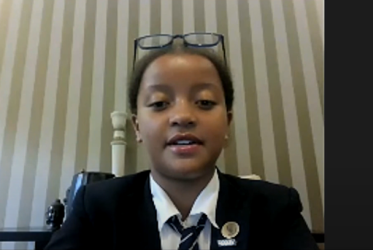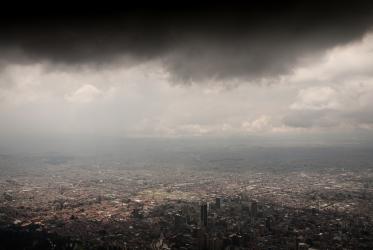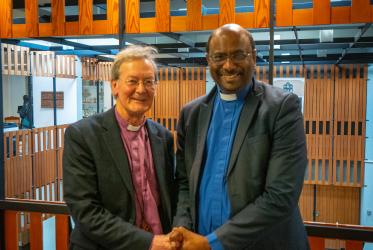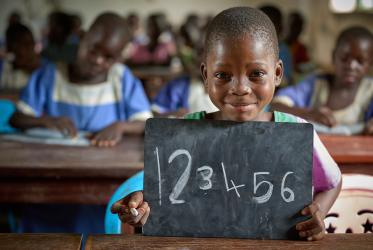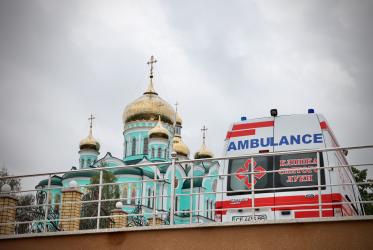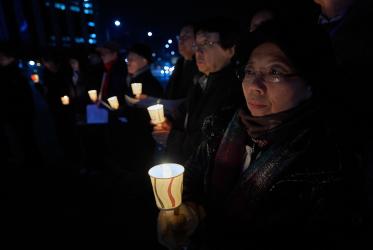Displaying 1 - 20 of 48
What can churches do to prevent modern slavery?
22 February 2024
Women and children in Gaza bearing brunt of ongoing war
16 January 2024
Ellyanne Chlystun-Githae Wanjiku to COP28: “listen more to children”
13 December 2023
Clewer Initiative, WCC map course for even stronger collaboration
02 February 2023
Cooler Earth - Higher Benefits (Third Edition)
Actions by those who care about children, climate, and finance
16 August 2022
Monastery in Ukraine responds to the consequences of war
09 August 2022
Lighting the lives of many
28 June 2022







